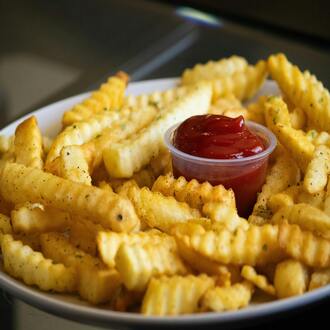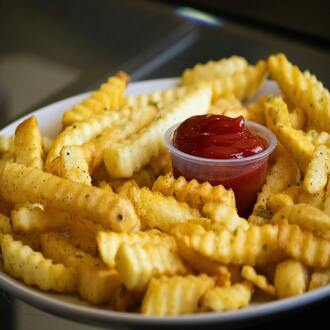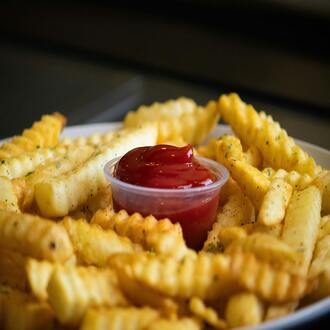Transcription The pre-training meal
Nutrition is a determining factor in sports performance since it is responsible for providing the energy necessary for training, providing nutrients that guarantee the repair, maintenance and development of tissues and maintaining and controlling the body's metabolism.
The rigor of the workouts that athletes perform daily forces them not only to eat breakfast, lunch, dinner and snacks very well, but they must also try to select very well the most appropriate foods to eat before, during and after training.
In this presentation we are going to refer to the benefits of pre-workout meals, as well as the requirements of the main nutrients for the practice of intense exercise.
Benefits of pre-workout meals
Having a sufficient intake of food without being exaggerated two hours before training, brings many benefits and is healthier than going to the gym without eating anything beforehand. Here are a few reasons:
- They make the athlete feel "good", stronger, with better mood, disposition and security to face a rigorous training session.
- They allow the accumulation of energy and nutrients necessary for intense exercise; they delay the onset of fatigue during training; they help maintain concentration and the development of skills and abilities of the athlete.
- Ingesting a modest amount of high quality protein shortly before training reduces the effects of muscle breakdown, which favors the gain of muscle mass and strength.
What foods should be included in pre-workout meals?
- The main purpose of the pre-workout meal is to accumulate carbohydrate reserves to be used by the muscle. Therefore, the athlete should ingest between 1 and 4 grams of carbohydrates per kilogram of body mass, depending on the rigor of the training.
IMPORTANT: Many athletes make the mistake of consuming only small amounts of carbohydrates to avoid obesity. The athlete should never consume less than 1 gram of carbohydrate per kilogram of body mass in pre-workout meals.
- To promote protein synthesis in the muscle and thus maximize the response to physical exercise, it is recommended to eat between 20 and 25 grams of high quality proteins; for example: milk, meats, eggs, fish, etc.
Proteins consumed in excess of the recommended amount will be wasted because the body will burn them for energy.
- The food provided prior to a rigorous workout should not be rich in fats since these could delay or limit the digestion of carbohydrates and proteins, the most important macronutrients at that moment.
- In case the last meal was more than two hours before your training, liquid carbohydrates and proteins should be consumed 30 minutes before training. For example a protein shake and a banana.
Some suggestions of suitable pre-workout meals.
- Whole wheat toast with chicken breast and a banana.
- Chicken thighs, brown rice and steamed vegetables.
- Scrambled eggs with vegetables and slices of toasted whole wheat bread.
- Lamb chops, brown rice with carrots.
- Turkey breast, boiled potatoes and vegetables.
- Pork tenderloin, toasted whole wheat bread and tomato salad.
food previa training




